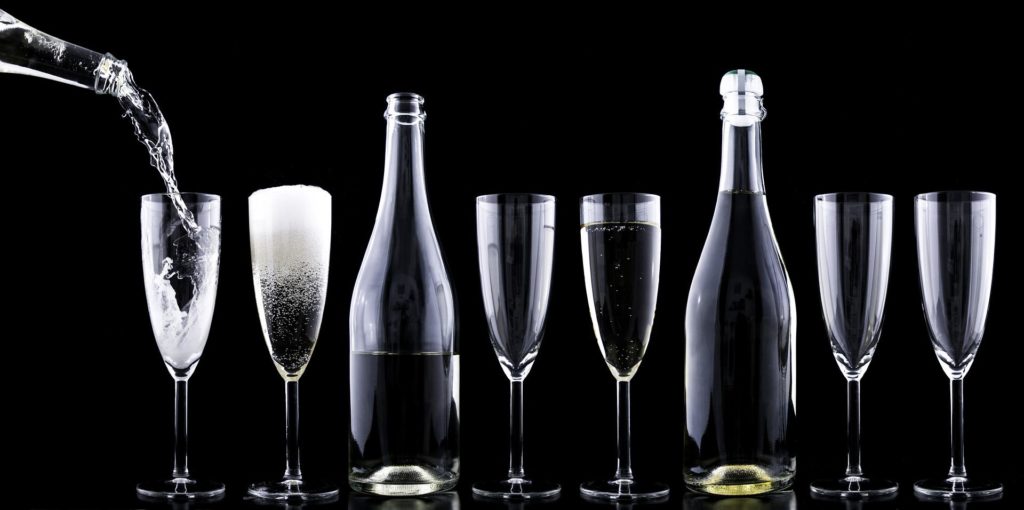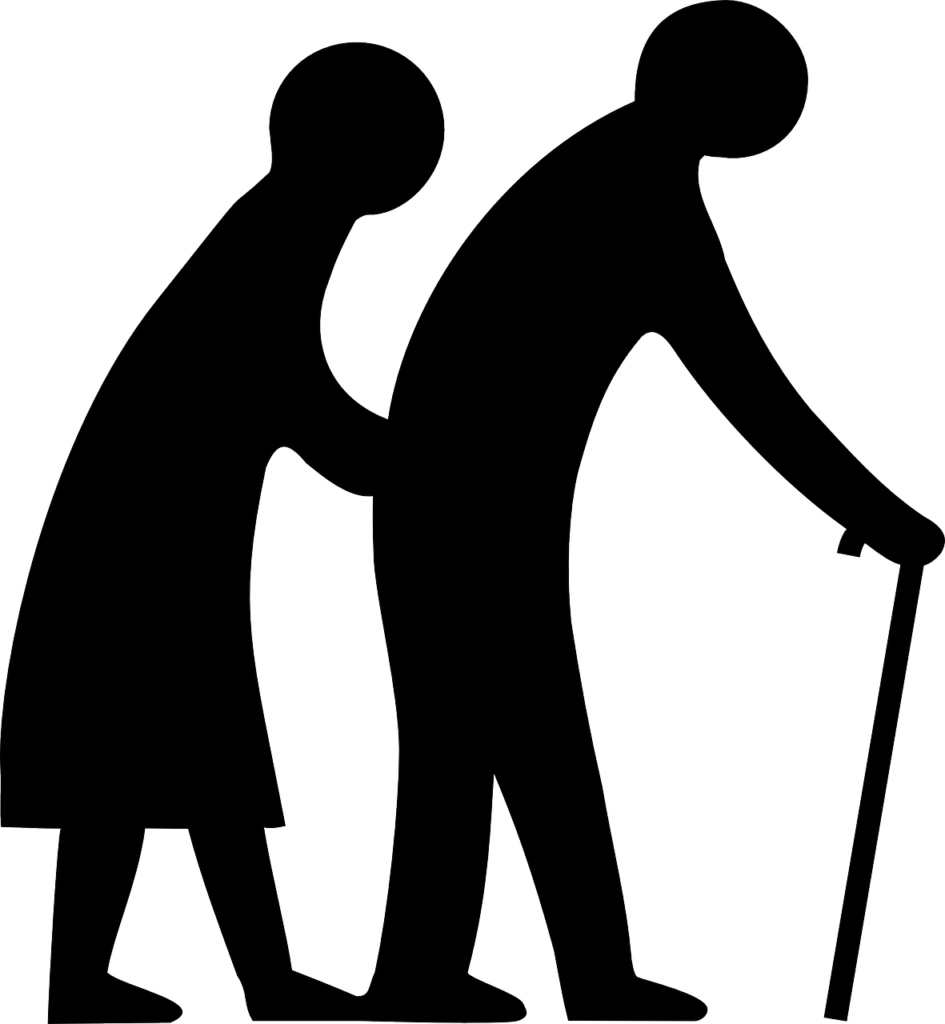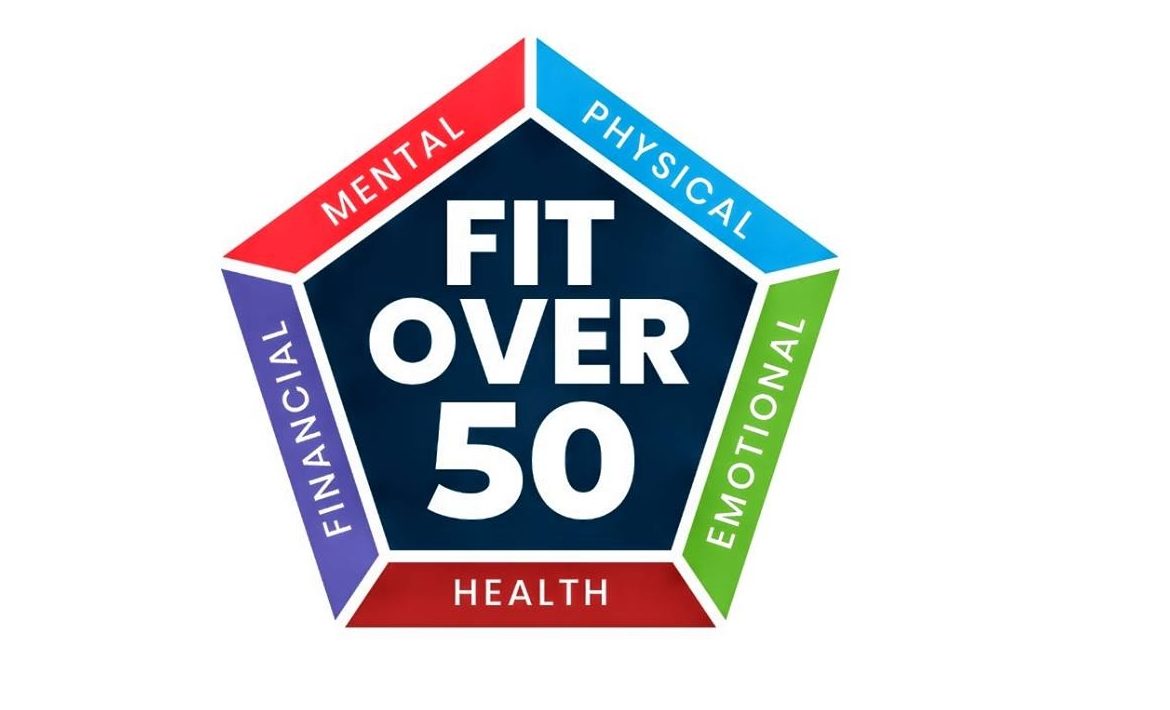
We need to know the facts about alcoholism and aging. The correlation between alcoholism and aging is complex. On the one hand, as people age, they may be more likely to develop alcohol-related health problems such as liver disease or cirrhosis. On the other hand, older adults may be more likely to turn to alcohol as a way to cope with loneliness or boredom. Additionally, many older people live on fixed incomes, making it difficult to afford expensive alcohol treatments.
Whatever the reasons may be, it is clear that there is a strong correlation between alcoholism and aging. In fact, according to the National Institute on Alcohol Abuse and Alcoholism, approximately 33 percent of adults over the age of 65 suffer from alcohol abuse or dependence. Millions of older adults struggle with alcohol-related problems, often without realizing it.
If you are an older adult struggling with alcoholism, help is available. Many treatment options are available, and there is no shame in seeking help. If you are worried about how you will pay for treatment, many affordable options are available. So please don’t hesitate to get help if you need it.
See This Article On Self-Esteem
Do Alcoholics Age Faster?
The question of whether or not alcoholics age faster is murky. There is no definitive answer, as much research still needs to be conducted in this area. However, there are a few things that we do know.
First, alcohol abuse can lead to an earlier onset of age-related diseases and health problems. This is because alcohol is a toxin that can damage cells and tissue. It can also accelerate the natural aging process.
Secondly, alcoholics are more likely to engage in risky behaviors that can lead to accidents or health problems. This includes drunk driving, participating in dangerous activities, and eating unhealthy foods. All of these things can contribute to an earlier onset of aging.
So overall, it is fair to say that alcohol abuse can lead to an earlier onset of aging. However, more research is needed to say whether or not alcoholics age faster than those who do not abuse alcohol.
Can You Reverse Aging From Alcohol?
There is currently no known way to reverse the aging effects of alcohol. While research is ongoing, it is still unclear whether or not alcohol consumption causes irreversible damage to the body.
Some studies suggest that moderate alcohol intake may have some health benefits. Still, these benefits are outweighed by the risks associated with heavy drinking.
Alcohol abuse can lead to many health problems, including liver disease, heart disease, and stroke.
It can also increase your risk of cancer and other chronic diseases.
Drinking alcohol also accelerates the aging process in the brain. Studies have shown that heavy drinkers are more likely to develop dementia and other brain disorders.
So, while you may be unable to reverse the aging process, you can certainly help it by avoiding excessive alcohol consumption.
How Does Drinking Alcohol Cause Rapid Aging?
Alcohol use can lead to serious health problems, including high blood pressure, liver damage, and premature aging.
Alcohol affects every organ in the body, significantly damaging the cells. When the liver is damaged, it can’t break down alcohol properly, which leads to the accumulation of toxins in the blood.
These toxins can damage cells and DNA, leading to premature aging. Alcohol also dehydrates the body, leading to wrinkles and other signs of aging.
The primary way that alcohol consumption causes rapid aging is by damaging the cells in your body.
This can lead to many problems, such as reducing your life expectancy and increasing your risk of developing age-related diseases like cancer.
Additionally, alcohol can also damage the DNA in your cells, which can cause them to malfunction and age prematurely. Therefore, it is crucial to be aware of the risks of alcohol use and to drink in moderation.

How Does Alcohol Abuse Speed Up The Aging Process?
Alcohol abuse can speed up the aging process in several ways.
First, alcohol abuse can damage your body’s cells, leading to an overall deterioration in your health. This includes both your physical health and your mental health.
Alcohol-related brain damage, for example, is a condition that can result from alcohol abuse and can lead to problems with memory, learning, and coordination.
High blood pressure is another condition caused by alcohol abuse and is a significant risk factor for heart disease.
Second, alcohol abuse can lead to many unhealthy behaviors, such as smoking and eating unhealthy foods, which can also contribute to aging.
Finally, alcohol abuse can cause stress and anxiety, which are also known to age you prematurely. Stress and anxiety can lead to several problems, including sleep deprivation and chronic inflammation, both of which can accelerate the aging process.
You As You Age How Does Alcohol Affect You?
As people age, their bodies become less effective at breaking down and getting rid of alcohol.
This is because the liver metabolizes alcohol less efficiently as we age, and the kidneys are also less able to get rid of alcohol and its toxins.
As a result, older adults who drink alcohol are more likely to develop health problems such as high blood pressure, liver cirrhosis, and brain damage.
Additionally, alcohol dehydrates the body, increasing the risk of falls and other accidents.
It is vital for older adults to be aware of how alcohol affects their bodies and to drink responsibly. If you are over 65 years old, it is recommended that you have no more than one standard drink per day. A traditional drink contains 10 grams of pure alcohol, which is equivalent to:
– 12 ounces of regular beer
– 5 ounces of wine
– 1.5 ounces or a “shot” of 80-proof distilled spirits or liquor (e.g., vodka, rum, whisky)
– 8 ounces of malt liquor
– 5 ounces of fortified wine (e.g., sherry, port)
Drinking more than this amount regularly can increase your risk of developing health problems. If you have any questions about how alcohol may affect your health, talk to your doctor or healthcare provider.
Why Does Alcohol Make You Look Older?
Heavy drinking can have several negative consequences on the body, including dehydration, poor nutrition, and wrinkles.
In addition, alcohol consumption can also adversely affect mental health, making it more challenging to cope with stress and increasing the risk of depression. This can lead to a decrease in the overall quality of life.
Heavy drinkers are more likely to suffer from mental health problems such as depression, anxiety, and alcoholic dementia. They may also find it more challenging to cope with stress.
In addition, heavy drinking can lead to dehydration, which can cause various health problems, including headaches, fatigue, and poor skin quality.
It can also cause poor nutrition, as alcoholics are often deficient in essential vitamins and minerals.
Finally, heavy drinking can cause wrinkles, as the collagen in the skin is broken down by the alcohol. These effects can all lead to a decreased overall quality of life.
As a result, it is essential to drink alcohol in moderation or to stop drinking altogether. By doing so, you can help to protect your physical and mental health, as well as maintain a youthful appearance.
Although light to moderate drinking may offer some benefits, it is essential to remember that alcohol is a toxin and should be consumed in moderation.
Therefore, avoiding moderate drinking is best to protect your health and maintain a youthful appearance.

Is Alcohol Consumption Worse For Older Adults?
Many older adults worry that alcoholic beverages are worse for them than for younger adults. But is this the case? Is alcohol worse for older adults?
The short answer to this question is no – alcohol isn’t necessarily worse for older adults. However, there are some things that older adults need to remember when it comes to alcoholic beverages.
For example, older adults may be more sensitive to the effects of alcohol, and they may need to drink less to feel the effects. Additionally, excessive drinking can increase the risk of falls and other age-related illnesses in older adults.
So overall, while alcohol isn’t necessarily worse for older adults, it’s essential to be aware of the risks associated with drinking as you age. If you’re an older adult considering having a drink, talk to your doctor first to ensure it’s safe for you.
Cautions About Mixing Alcohol And Medicines
Almost any medication has the potential to interact harmfully with alcohol. Generally, it is safest not to drink when taking any medication. However, some specific interactions are worth knowing about.
For example, alcohol can increase the sedative effects of medications like benzodiazepines and opioids. This can lead to excessive sleepiness, dizziness, and even loss of consciousness. Alcohol can also increase the risk of stomach bleeding in patients taking aspirin or other anti-inflammatory drugs.
It’s essential to be aware of these risks and always consult your doctor or pharmacist if you have any questions about whether it’s safe to drink alcohol while taking your medications.
Strategies to help cut back or quit drinking
Our bodies become more susceptible to age-related illnesses and chronic conditions as we age.
For this reason, it’s essential to make healthy lifestyle choices that can help prevent or delay the onset of these diseases.
One such choice is to use less alcohol or eliminate alcohol consumption. At the same time, moderate alcohol intake has been shown to have some health benefits.
Research has also linked alcohol misuse to an increased risk of developing various adverse health conditions, including cancer, heart disease, and stroke.
Given these risks, many older adults choose to quit drinking altogether. If you’re considering quitting alcohol, know that you’re not alone and that it is possible to give up drinking at any age successfully.
The easiest way to reduce alcohol consumption is to set a goal of quitting and then make a plan to achieve it. Write down your reasons for wanting to leave, find an accountability partner, and create a support system.
Please choose a date to quit, and then gradually reduce your alcohol intake in the days leading up to it.
When you finally quit, avoid situations where you usually drink and replace them with new activities you enjoy. Celebrate your success daily, and be proud of yourself for making this positive change in your life!

Bringing It All Together
Do Alcoholics Age Faster?
Evidence suggests that alcoholics age faster than those who do not drink. This is primarily due to the damage that alcohol abuse can do to the body, including damaged cells and increased risk of disease.
Can You Reverse Aging From Alcohol?
No, it is impossible to reverse the effects of aging caused by alcohol abuse. However, it is possible to stop the progression of the damage and even change some of it if you stop drinking.
How Does Drinking Alcohol Cause Rapid Aging?
Alcohol abuse can cause many signs of aging as natural aging, including wrinkles, gray hair, and a decrease in muscle mass. It can also increase the risk of cancer, heart disease, and dementia.
How Does Alcohol Abuse Speed Up The Aging Process?
Alcohol abuse can speed up aging by damaging cells and increasing disease risk. It can also cause behavioral changes, leading to social isolation and depression.
How Does Alcohol Affect You As You Age?
As you age, your body becomes less able to break down alcohol, making you more likely to experience adverse side effects from drinking. These can include liver damage, cognitive decline, and increased risk of accidents.
Why Does Alcohol Make You Look Older?
Alcohol causes many signs of aging as natural aging, including wrinkles, gray hair, and a decrease in muscle mass. It can also increase the risk of cancer, heart disease, and dementia.
